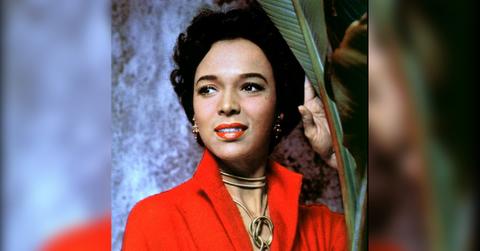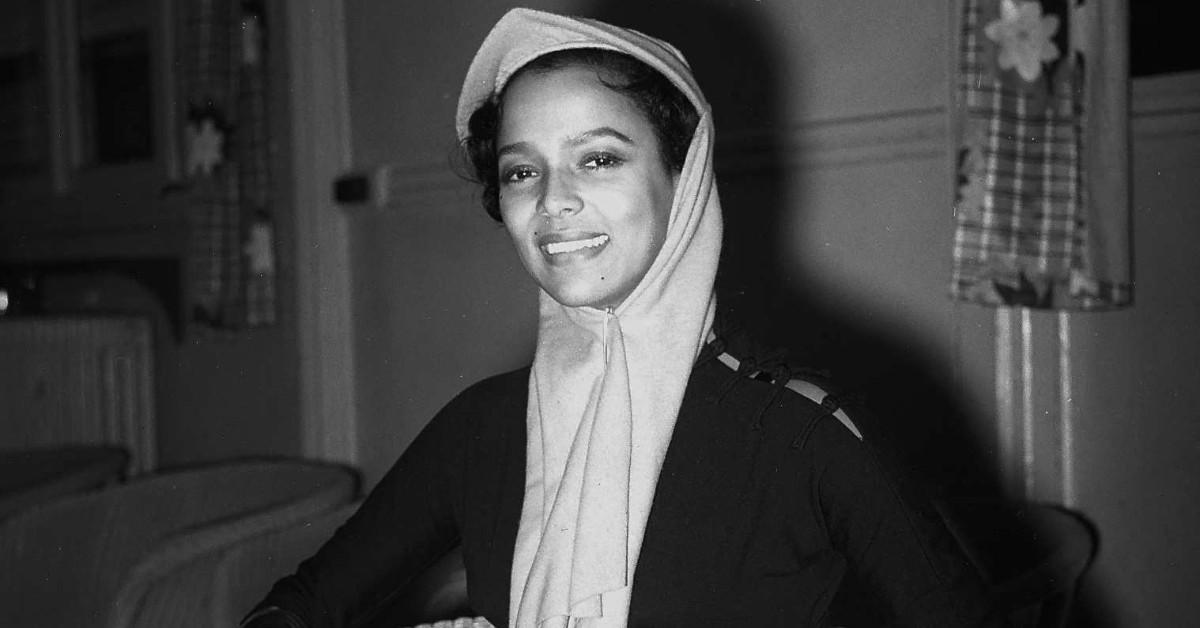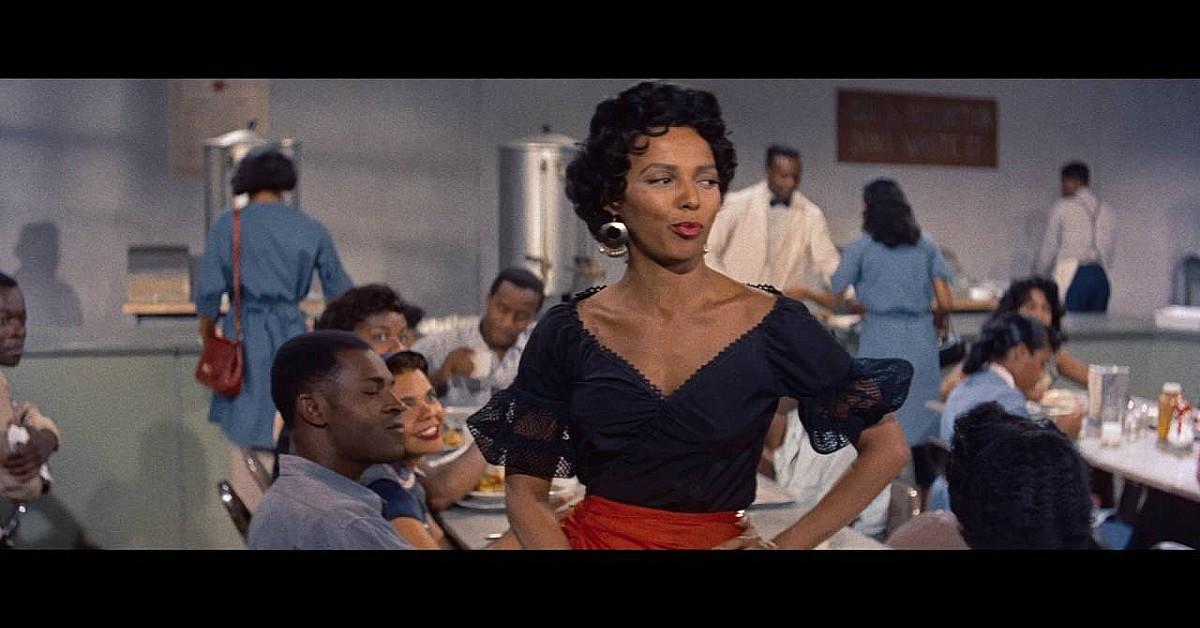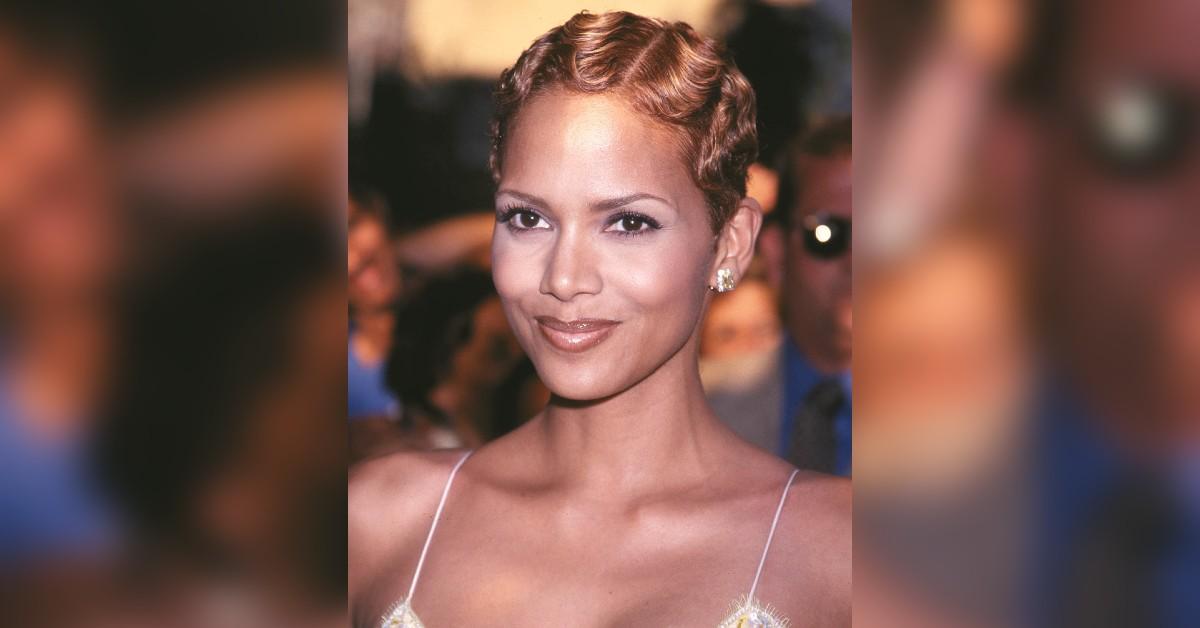EXCLUSIVE: Film World Set to Pay Tribute to 'Black Marilyn Monroe' — And How She Suffered FAR More Than Her Fellow Tragic Big-Screen Bombshell Pal

Hollywood paid tribute to the 'Black Marilyn Monroe,' who endured far more than her iconic counterpart.
July 31 2025, Published 11:00 a.m. ET
Dorothy Dandridge once said: "If I were white, I would capture the world."
Now, 60 years after her death, RadarOnline.com can reveal the film world is finally giving her the recognition she was so long denied, decades after she died with barely more than $2 to her name.
A season of Dandridge's work is being staged by the British Film Institute to honor the groundbreaking yet often overlooked actress, singer and icon.
While her friend Marilyn Monroe remains the better-known tragic figure of 1950s Hollywood, Dandridge, who died in 1965 at the age of 42, lived a life marked by even greater adversity – navigating not only the brutal sexism of the studio system but also the unrelenting racism of segregated America.

Dorothy Dandridge made history as the first Black woman nominated for a Best Actress Oscar.
Born in Cleveland, Ohio, to a single mother, Dandridge began performing in church tours as part of an act called the Wonder Kids alongside her sister Vivian.
Her mother, Ruby, was determined her daughter would not follow her into domestic labor.
"You ain't going to work in Mr. Charley's kitchen like me," Ruby told her. "We're going to fix it so you be something else than that," according to Dandridge's posthumously published autobiography Everything and Nothing.
That "something else" was extremely hard-won.
In her early years, Dandridge endured abuse, racism and grueling tours across the South. She gained fame first as a nightclub performer, then in films, where her roles were often exoticized or limited by Hollywood's racial boundaries.

Dorothy Dandridge faced racism and sexism while rising to fame in 1950s Hollywood.
In 1954, she made history by becoming the first African-American woman nominated for a Best Actress Oscar for her role in Carmen Jones. Despite the acclaim, she was dubbed the "Black Marilyn Monroe," a comparison Dandridge herself found reductive.
"She was one of the few stars who was always kind to me," Dandridge said of Monroe.
"We had a bond, both being lonely in spite of the attention we got… She never treated me any differently than she would a white actress."
The two had trained together at The Actors' Lab in Los Angeles and reconnected in the early 1950s, with Monroe attending Dandridge's shows at the Mocambo nightclub.
Off-screen, Dandridge's personal life was marked by tragedy. Her daughter Harolyn, born in 1943, suffered brain damage and required lifelong care.
Fearing the public's reaction, Dandridge kept her child's existence private for two decades. Her marriage to dancer Harold Nicholas ended in 1951 after years of abandonment and infidelity.

Halle Berry at the premiere of 'Introducing Dorothy Dandridge' where she played Dorothy in the film the 1999 film.

She later became involved with director Otto Preminger during the filming of Carmen Jones. Though the role made her a star, Preminger's control over her career proved damaging.
He refused to let her accept secondary roles, insisting she only accept leads – offers that never came.
"No one will ever know how I wept," she wrote of that time. "In the morning I rose like an automaton… cold steak. Cold cucumbers. Cold."
Despite success, Dandridge faced racist scrutiny. She sued Confidential magazine in 1957 for printing false claims about her private life. Films such as Island in the Sun and Tamango – which featured interracial romance – sparked backlash.
Her career declined, and she returned to the nightclub circuit.
By 1965, Dandridge was impoverished and emotionally depleted. She died on September 8 of an overdose of antidepressants, with just $2.14 in her bank account. Some believe it was suicide.
"Whatever happens, I know you will understand," she told her friend Geraldine Branton days before.
In 2002, Halle Berry dedicated her Oscar to Dandridge.
The legacy she left behind was not just in her talent, but in her courage to defy an industry that never truly welcomed her.


